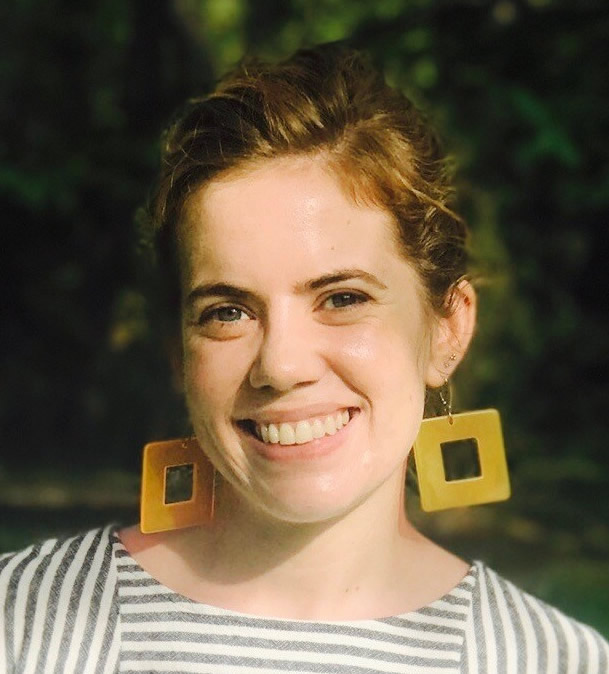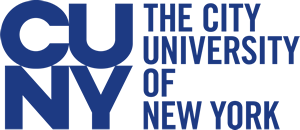Gender, Sexuality, and the Family
in Early Childhood Education
Workshops for Educators and Families
When and how do children develop an understanding of gender?
How can we encourage children's comfort and respect for their own body and other people's bodies?
How can we include and celebrate the diversity of families and family structures in our programs?
During the preschool years, children begin to develop a conception of gender, sexuality, and family. However, there is often little space to for teachers to talk about the questions and behaviors that come up in their classrooms, or how to explore these concepts with children in their curriculum and pedagogy. Parents and family members often feel in the dark as well, with little opportunity to discuss and collaboratively develop strategies for working with their children or young people.
To open up this conversation, the New York Early Childhood Professional Development Institute is offering a series of workshops – one set for educators and one set for families – designed to spark discussion, facilitate the creation of shared language, and provide educators and families the resources they need to make their classrooms and homes safe spaces for the development and expansive exploration of identity. By running workshops both for families and educators we hope to engage all members of an early childhood community in supporting each other and the children they care for.
About the Workshops
Sessions are available in Spanish and English.
In this workshop, we will learn about and discuss gender development in young children. Through discussions of how rigid gender roles and stereotypes can limit children's growth and self-expression, we will collectively develop strategies to facilitate expansive gender performances and to create inclusive classrooms which support a variety of gender expressions. We will also discuss a variety of ways to resist the perpetuation of harmful gender stereotypes and strategies for working with family members who are struggling with their children's gender non-conforming dress or behavior.
By the end of the session, participants will...
- Reflect on their own gender identity and socialization
- Deepen understanding of gender and bias (e.g. gender binary and patriarchy)
- Identifying tools and strategies to teach with a gender justice lens (curriculum, environment, family engagement, responding to children’s questions, addressing children’s biased behavior)
Young children often have questions about and want to explore their body parts and the bodies of others. In this interactive workshop, participants will develop strategies for fostering children's feelings of comfort about their bodies while setting limits to help children develop a sense of boundaries. Participants will explore what it means to help children develop healthy relationships and will learn strategies for teaching consent, respect, and encouraging children's sense of bodily autonomy.
By the end of the session, participants will...
- Learn strategies for teaching consent, respect, and encouraging children’s sense of bodily autonomy
- Building a culture of consent in the classroom, connecting this to dismantling the patriarchy
- Develop strategies for fostering children’s feelings of comfort about setting limits with their bodies
- Facilitate children’s ability to name and describe their own bodies and choose how they want to use them
In this workshop, we will discuss the importance of supporting children by representing and including all families in the social and cultural community of the program. Focusing specifically on LGBTQ+ families, this workshop will help educators consider both deliberate and inadvertent messages about belonging contained in their programs' written material, environment, teaching, and educational practices. To create a more inclusive environment in their classrooms and schools, we will introduce concepts and language to talk with families and our staffs about sexual and gender identities, the legal structures that are involved in defining families, and discrimination targeted at people who do not conform to gender or sexual norms. We will also identify curricular opportunities to teach about family diversity and develop strategies and activities to teach children a more expansive understanding of family.
By the end of the session, participants will...
- Discuss the importance of representing and including all families in the social and cultural community of early childhood programs
- Learn the language to use when talking with families and colleagues about different sexual and gender identities
- Identify curricular opportunities to teach about family diversity and develop strategies for teaching a more expansive understanding of family
or contact us:
info@earlychildhoodny.orgSchedule the Workshop Series for Your Program
We'd be happy to offer these workshops to the educators and families in your early childhood program! fill out the inquiry form, or contact us for more information.
Meet the Trainers






Refund/Cancellation Policy
If you are unable to attend the session you have registered for, we invite you to send a colleague in your place. Please notify Kayla Madridejos Kayla.Madridejos@cuny.edu of any changes to your registration or if someone else will be attending in your place.
Registration fees are nonrefundable five business days before the event. Requests for refunds must be received in writing and submitted to Kayla Madridejos Kayla.Madridejos@cuny.edu. Please note that credit card payment processing fees are nonrefundable.
If a session has to be cancelled for any reason, every effort will be made to reschedule the session for a later date. If the attendee cannot attend the rescheduled date, a refund (not including credit card payment processing fees) will be issued.



 (718) 254-7353
(718) 254-7353 info@earlychildhoodny.org
info@earlychildhoodny.org @NYEarlyChildPD
@NYEarlyChildPD nypdi
nypdi PDI Blog
PDI Blog